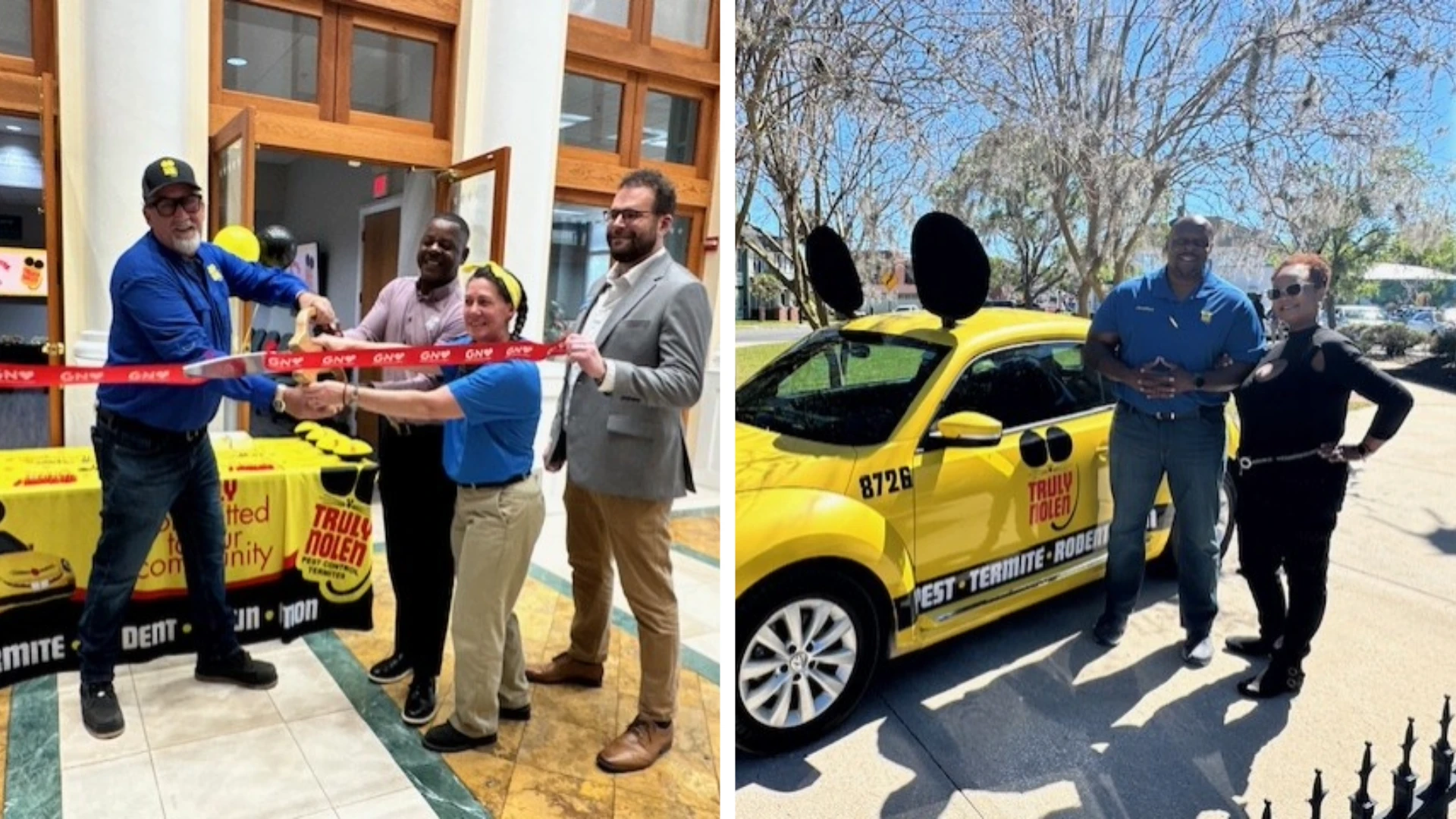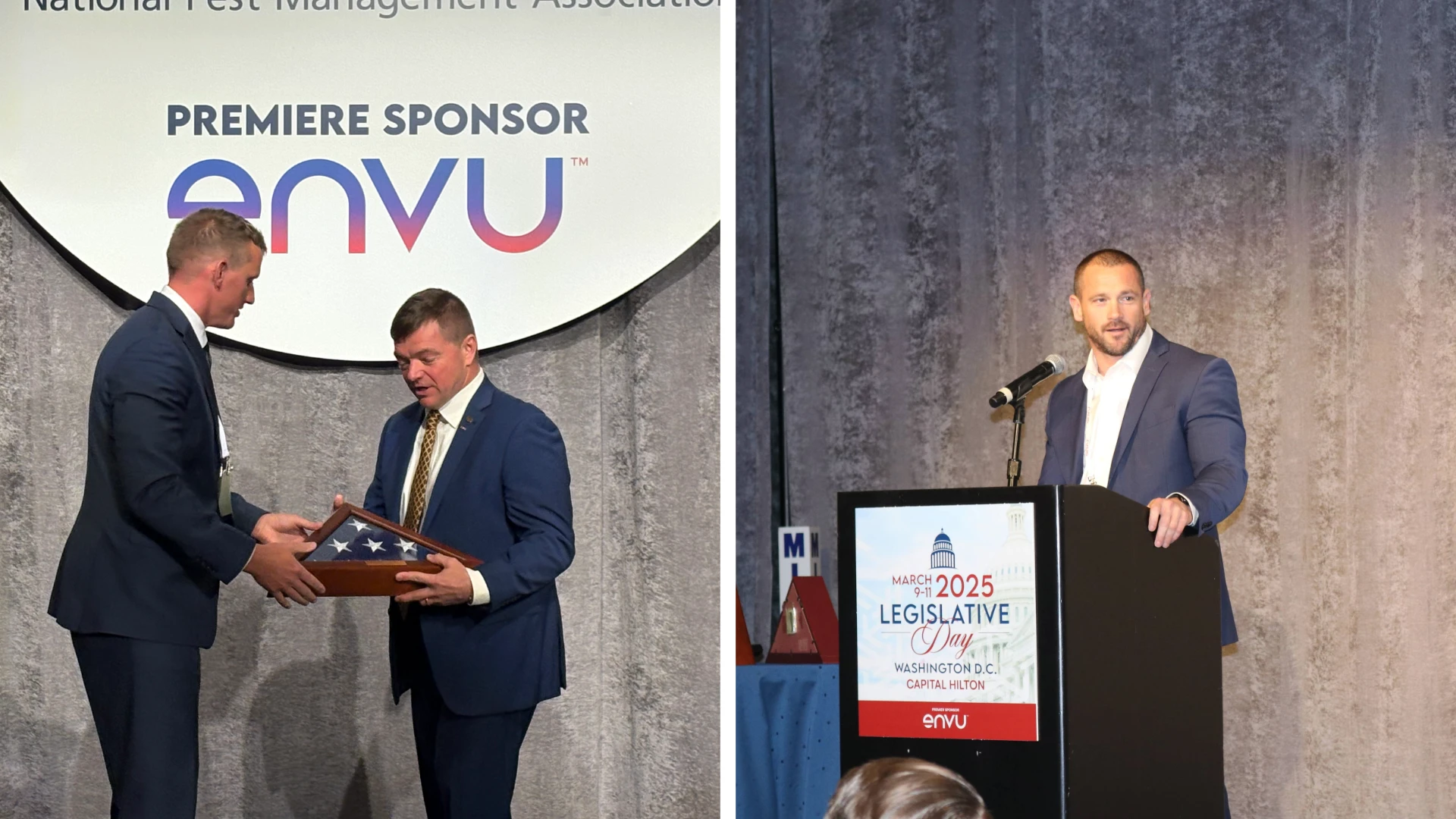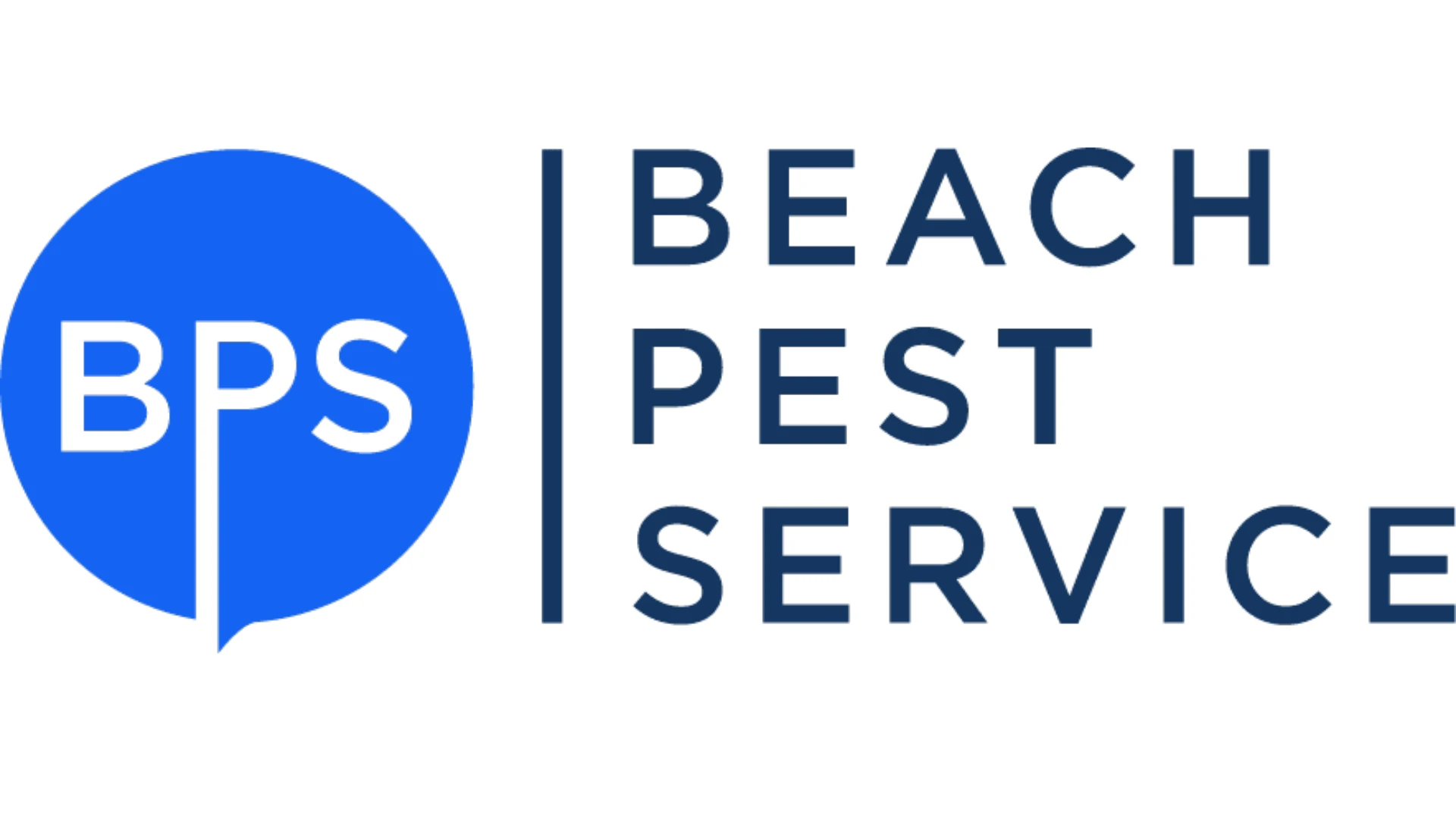|
|
SARASOTA, Fla. - Green practices are being added to the business plans of essentially every industry in existence. While it is easy to incorporate procedures in some businesses, it is an obstacle some in the pest control industry are struggling to overcome. Doug Longfellow, owner of pest control company NaturZone, Sarasota, Fla., has been bringing “green” to a commercial customer base.
When Longfellow began his pest control career in 1977, the “green” movement was a mere twinkle in the future. In 1984, he left his job as a technician from a company in St. Petersburg, Fla., to work for a company that was acquired by Rentokil. While the previous employer was strictly residential, Rentokil’s customer base is mainly commercial. This helped Longfellow see the potential of green treatments in both commercial and residential markets. So, after leaving Rentokil four years ago, Longfellow purchased NaturZone.
“What I saw in the future of pest control was a green concept,” Longfellow said. “What was interesting when I bought the company was that Sarasota is a very progressive, environmentally-concerned area.”
The company, which was originally founded in 1988, was one of the first in the Sarasota area to incorporate environmentally-friendly practices into their pesticide treatments, he said. Although this was what he had been looking for, Longfellow had other visions that would expand the green business.
EXPANDING CONCEPTS. At the time Longfellow purchased NaturZone, being “green” in the pest control industry was defined by which pesticides were used in the treatment process. Various baits and boric acid-based products were available, and this was the main selling point for the company.
“When I bought [NaturZone], the company had focused on what products they used,” Longfellow said. “The way I wanted to position the company was that it’s more of using green technology and green treatment strategies."
Developing a business plan that would encompass all facets of being environmentally friendly was essential to Longfellow. So, he boiled the whole concept down to one question that his technicians have to ask during an evaluation: “What is the least toxic way to get rid of existing infestations?” He began to train NaturZone technicians to diagnose based on the biology of the insect as well as environmental factors, he said.
In addition, Longfellow established an all-green treatment method. This involves an in-depth evaluation in which NaturZone technicians determine which 60 different products are appropriate for the situation or whether a non-pesticide method would work just as well.
“When we have a pest issue, the last thing we ask is which pest application to use,” he said. “The first thing we ask is: ‘Are there non-pesticide ways?’”
NaturZone began offering a pest-proofing service that has eliminated the use of pesticides completely, in some instances. When technicians see no use for an application, they will instead return to a client’s home or business to fix pipes and gaps under doors. They also will clean drains and recommend housekeeping tips.
Because NaturZone’s service area has a lot of leaf litter and palm trees, large roaches are one of the most common pests. The company advises customers to trim trees, and this is documented in a written assessment of the property. “We advise our customers in every one of our reports about conducive environments to pests,” Longfellow said. “It’s about not applying pesticide unnecessarily.”
Longfellow has assimilated the “green” approach into both the commercial and residential sectors of NaturZone’s service area. This was not hard, as large commercial businesses in the area have internal green strategies which make it easy to combine with NaturZone’s methods of treatment, he said.
As for residential clients, Longfellow noticed that concern varies from person to person. When being evaluated, they usually ask the technician which pesticides will be used and how and where treatment will be applied. “They want effective pest control without risking poisoning their family or pets or exposing them to pesticides unnecessarily,” he said.
As far as all-natural treatments go, Longfellow said that they are as effective as normal methods. Usually, when a problem arises, it is because a technician has diagnosed the wrong species.
“In most of my 30 years in the pest control business, most of the times that you have a failure is when it is not the right product and starting with misidentification of species,” Longfellow said.
BLENDING IN. Having a green pest control business in Sarasota, Fla., was profitable in the beginning because it was a niche business, but the “green” trend has caused other companies in the area to create programs that compete directly with NaturZone. Differentiating from those companies has proved to be difficult.
Certifications from the Sarasota government, NPMA QualityPro and EPA’s Pesticide Environmental Stewardship Program (PESP) have advanced NaturZone’s specific goals and kept them ahead of competitors, Longfellow said.
“We don’t have a green pest control program,” he said. “We only do green pest control, and we’ve tried to help people understand our commitment.”
Recently, Longfellow has franchised NaturZone to other parts of the U.S., Mexico and United Arab Emirates.
Latest from Pest Control Technology
- Understanding Rodents and Bird Flu
- Green Pest Solutions Awards Safest Driver New 2025 Ford F150
- UF/IFAS Sheds Light on Tiny Invaders During Termite Awareness Week
- Registration Open for Lawn & Landscape Technology Conference
- Fleetio Launches Automotive Service Excellence Scholarship
- WorkWave Appoints John Phelan as CTO
- PMPs Use Capitol Hill Visits to Push for Preemption
- 20 Trapping Tips






